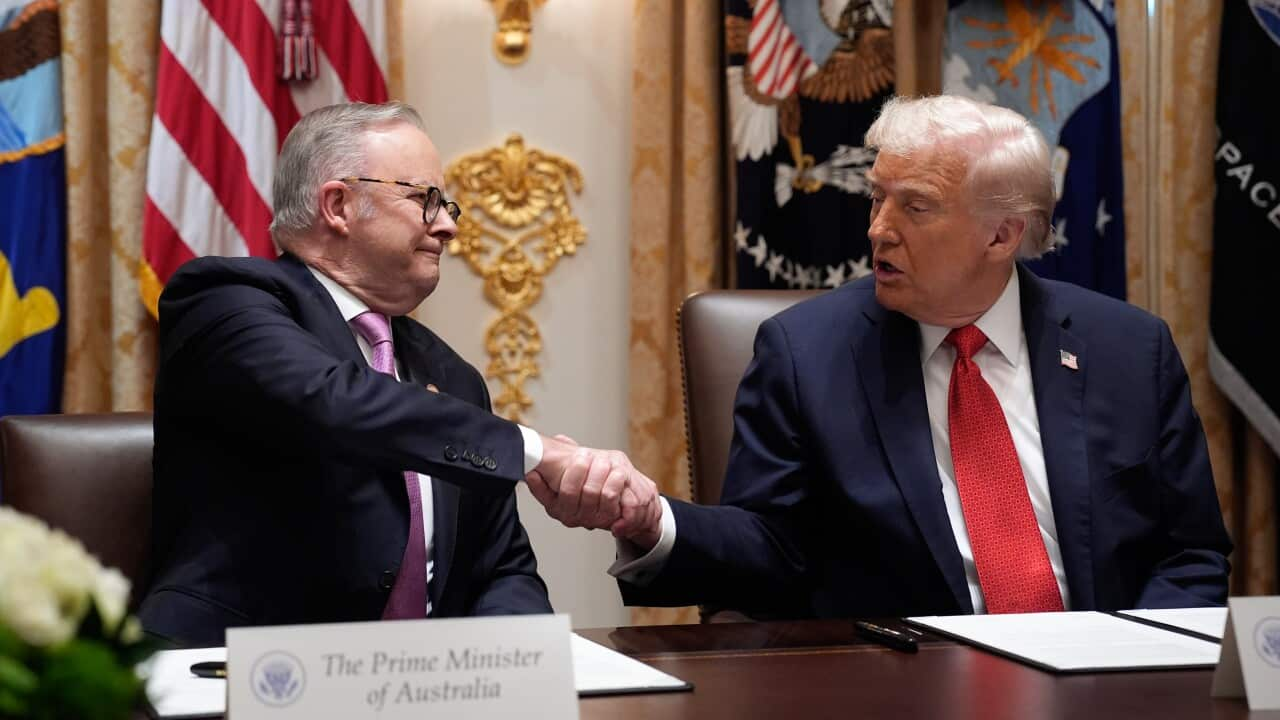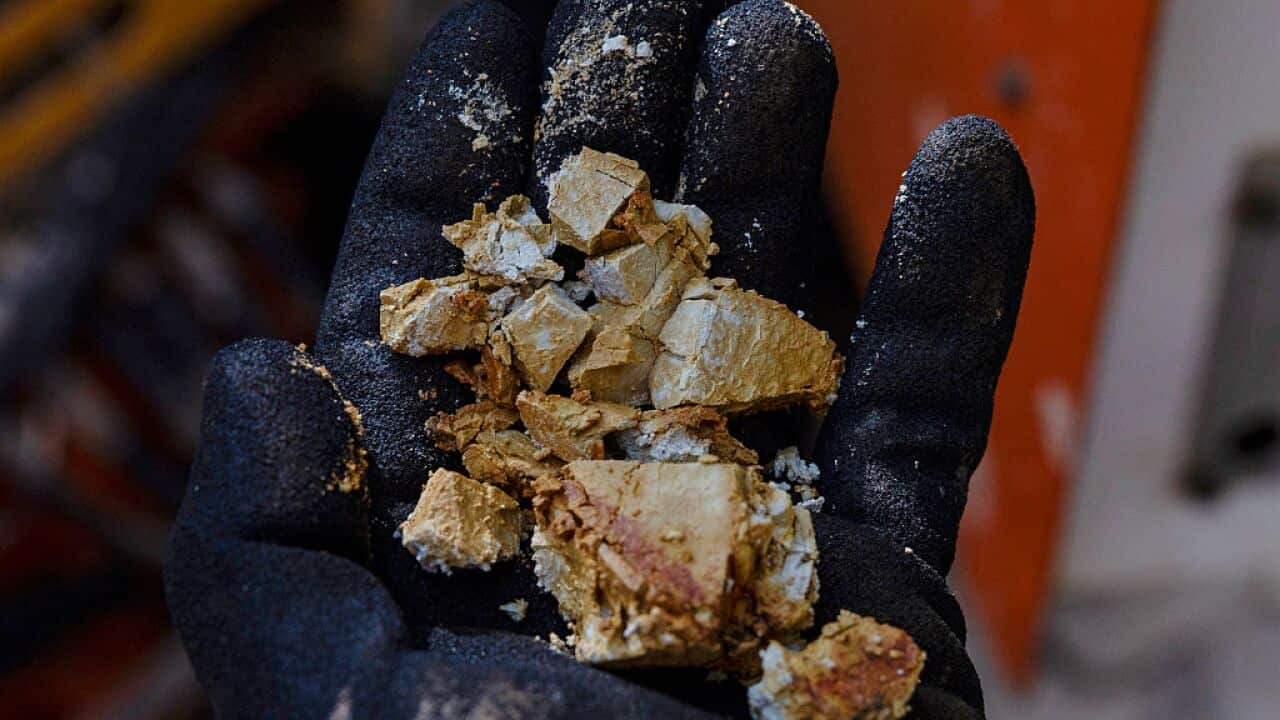Prime Minister Anthony Albanese has secured a rare earths and critical minerals deal during his highly anticipated first meeting with United States President Donald Trump, although details are limited.
Trump noted the deal had been "negotiated over a period of four, five months", speaking to reporters with Albanese from the White House on Tuesday morning.
Australia has some of the richest deposits of mineral sands and rare earth minerals in the world, necessary for the production of green energy technologies, as well as products like mobile phones and weapons.
Western countries have been seeking to disrupt China's dominance of the global supply chain — accounting for around 70 per cent of global mining and 90 per cent of global processing, according to the International Energy Agency.
As China tightens rules on its exports, threatening to halve them altogether, it has become the cause of heightened tensions between the US and China. The deal hopes to challenge China's stronghold.
"In a year from now we'll have so much (critical minerals) ... you won't know what to do with them," Trump said.
While the full agreement has not been shared, Albanese said both Australia and the US will contribute $1 billion each over the next six months.
He said the deal "isn't just about digging things up" and would create an US$8.5 billion ($13 billion) pipeline of projects.
"Our plan is called a future made in Australia, which is about not just digging things up and exporting them, but how do we make sure that we have across the supply chains, with our friends, being able to benefit, seize those opportunities," Albanese explained.
"It's also about processing, including joint ventures between Australia and the United States."
There are three main sections to the deal: joint investments between Australia and the US on rare earths, US investment in Australia to process critical minerals and planned projects between the US, Australia and Japan.
The deal will see coordinated work across the supply chain to identify vulnerabilities and accelerate processing, including the review of prices and unfair trade practices.
A White House statement said both governments will spend $US 3 billion ($4.61 billion) over the next three months.
Following the press conference, the Albanese government announced investment in two projects.
These were a US$200 million ($307 million) boost to the Alcoa-Sojitz Gallium Recovery Project in Wagerup, Western Australia, and US$100 million ($154 million) to the Arafura Nolans project in the Northern Territory.
Both projects will provide critical minerals required for defence and energy security manufacturing, the government says.
"Cooperation on critical minerals and rare earth supply chains is testament to the trusted partnership between Australia and the United States as strategic defence allies," Albanese said in a statement.
"I look forward to continuing to work with President Trump to strengthen our partnership and support American and Australian workers, businesses and investors."
Treasurer Jim Chalmers told the ABC's Afternoon Briefing if he wasn't worried about the agreement triggering trade retaliation from China.
"I say the same thing about the Chinese relationship that I said in Washington DC about the US relationship. I think both of those countries understand that Australia engages in good faith with our trading partners, whether they be in Beijing, whether they be in Washington," he said.
For the latest from SBS News, download our app and subscribe to our newsletter.



